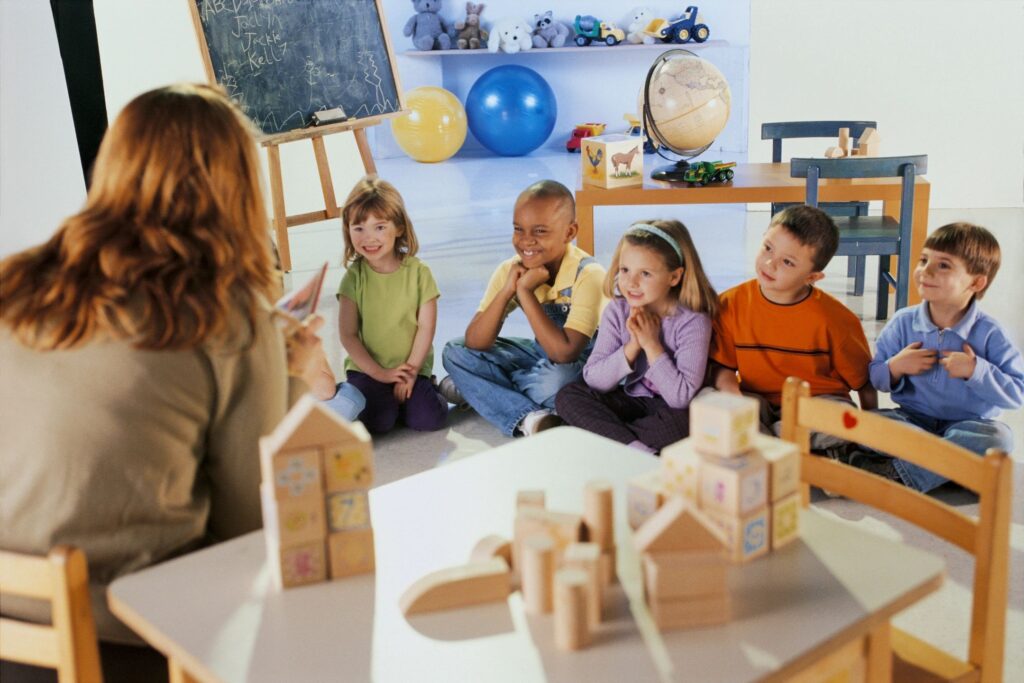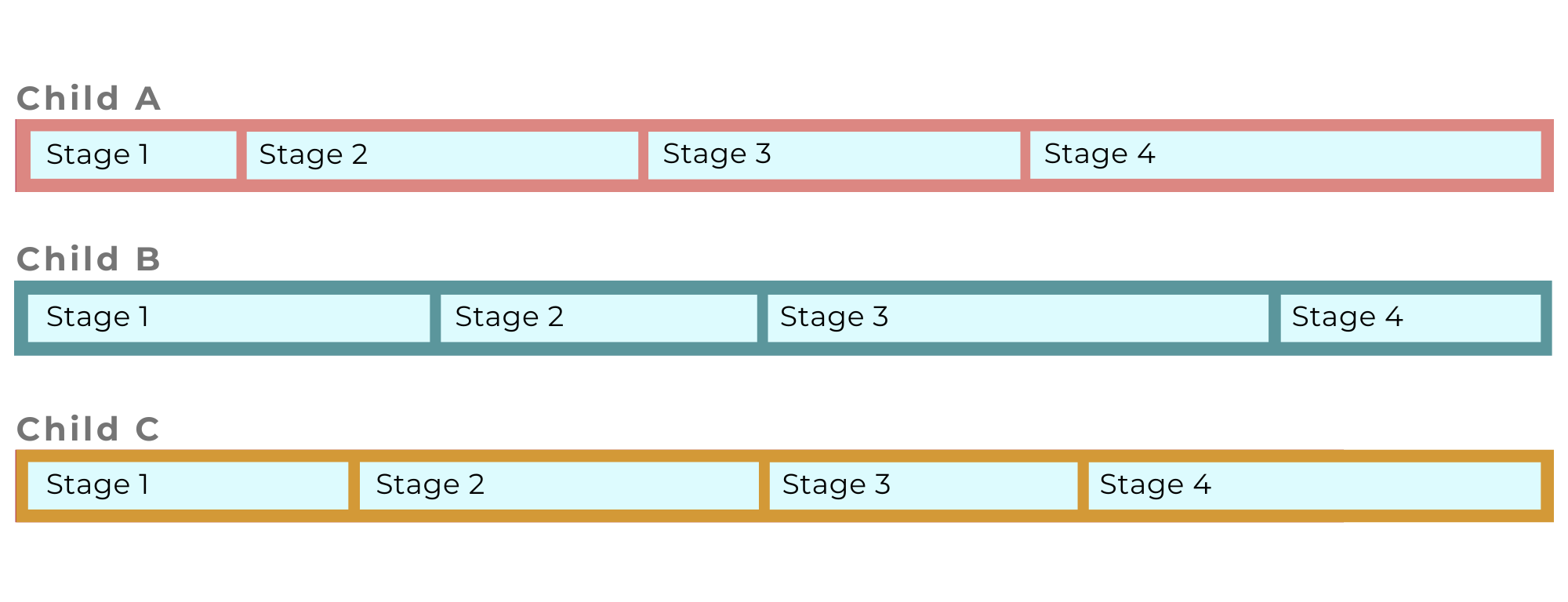Developmental milestones are a hot topic among early childhood educators and parents alike. The concept is not new for those fascinated by children’s learning processes. As far back as the 17th century, great thinkers hypothesized about children’s development. In the 20th century, theorists discussed child development in specific stages. Erikson’s theory of social and emotional development, along with Piaget’s and Vygotsky’s theories of cognitive development, profoundly influenced the idea of particular development stages. Nowadays, we refer to these as “Milestones of Development.” Various charts present these milestones in every developmental aspect: physical, social/emotional, and cognitive, providing detailed information about what to expect at each stage of a child’s development.

#UniqueLearners #EarlyEducationMagic
Resources for developmental milestones:
CDC Milestones, Child Mind Guide, CHOP Developmental Milestones
However, this article focuses on something beyond the pros and cons of these charts and what they tell us about child development. It delves into the misunderstanding surrounding how we perceive these milestones. Language is crucial; words matter. In Vygotsky’s theory of cognition, words are units of thought (1995). They influence what and how we think. Thus, how we feel about the word “milestone” and its meaning in terms of developmental stages is crucial.
In the context of child development, the word “milestone” serves as a signpost, an indicator, rather than a hard and fast point in a child’s development trajectory.
Piaget, often associated with stages of cognitive development, emphasized that the ages at which children move towards a developmental stage are approximate. The ages for each of his stages are meant to be a ballpark; they are not exact. Children will reach stages at different points in their development. What remains consistent is the order of the stages, rather than a specific moment in time when a child understands a particular concept.
All stage theorists underscore that children’s development is gradual – a continuous, constant, and endless process. It must unfold in its own time, and it varies for each child. Importantly, characteristics, features, and qualities of one stage do not disappear with the onset of another.

#ChildDevelopment #IndividualJourney
Today, understanding child development milestones is a dynamic field that continues to evolve.
Ongoing research methods, such as longitudinal studies, neuroimaging, and genetic research, contribute valuable insights into the intricate landscape of child development. These advancements take into account the diverse and individualized nature of each child’s growth and development. It’s vital to keep in mind that milestones serve as general guidelines rather than strict rules. In our roles as early childhood educators, we acknowledge and comprehend the wide variability in the timing and sequence of developmental achievements among children. This diversity is something we not only recognize but also celebrate wholeheartedly.
Let’s celebrate the unique journey of each child’s growth.
Elevate your understanding of early childhood education and child development with my engaging preschool education workshops tailored for both teachers and parents. These workshops provide valuable insights, practical strategies, and effective tools to enhance your role in nurturing young minds. Whether you’re an educator or a parent, these sessions aim to empower you with the knowledge and skills essential for fostering a positive learning environment. Dive deeper into the world of preschool education and child development by exploring my workshop offerings. For more valuable content and updates, follow me on Instagram and connect with me on LinkedIn. #EarlyYearsConsult
#EarlyChildhoodEducation #ChildDevelopment #PreschoolWorkshops #EducatorServices #ParentingTips #LearnAndGrow

